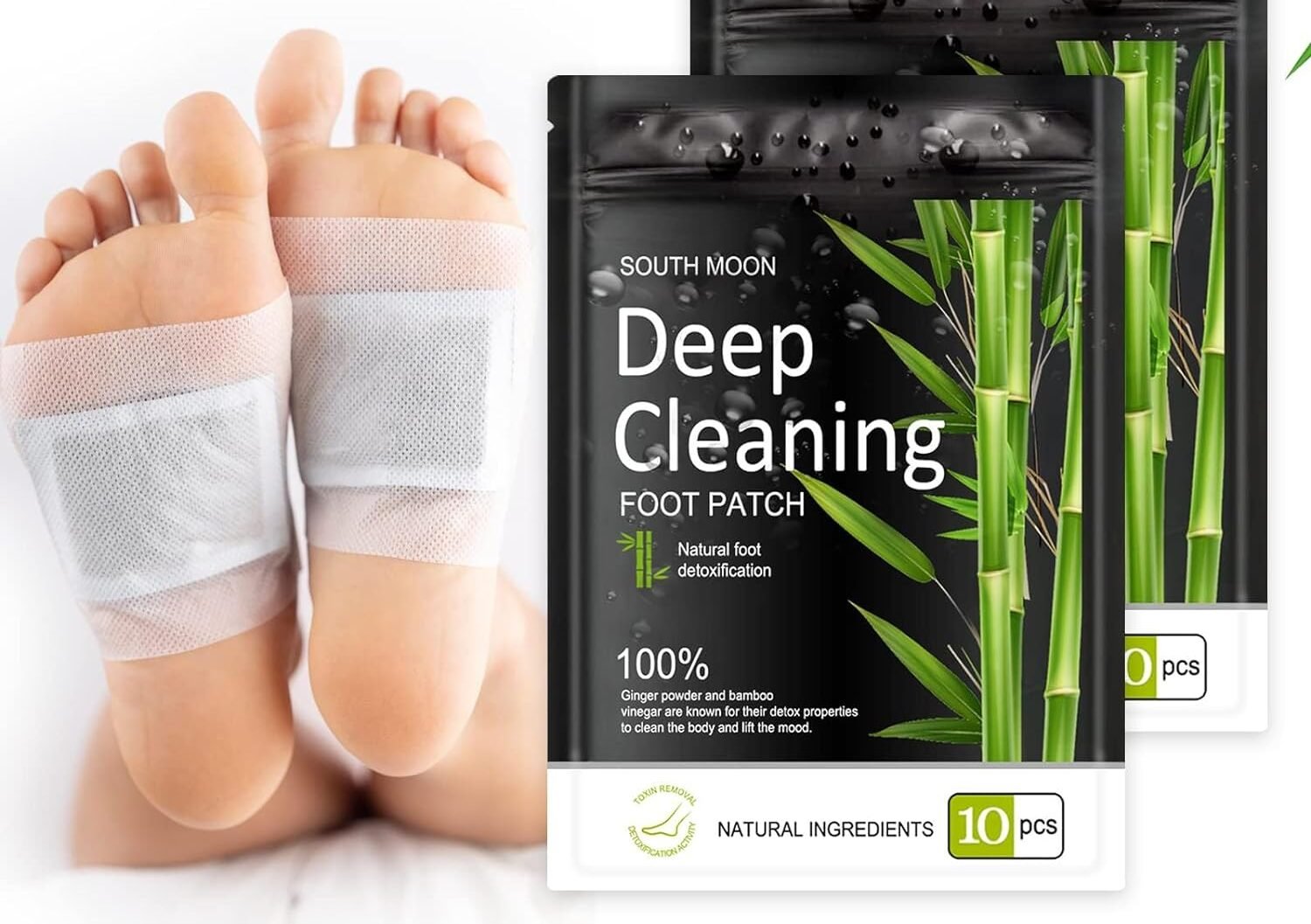Table of Contents
Introduction
Menstrual cramps, also known as dysmenorrhea, affect millions of women worldwide. While over-the-counter pain relievers are a common go-to, many women are seeking natural alternatives to manage their discomfort. In this article, we’ll explore seven science-backed natural remedies that can help alleviate menstrual cramps. These solutions are not only effective but also come with additional health benefits.
Why Some Women Suffer From Menstrual Cramps

Many women experience menstrual cramps due to a complex interplay of biological factors. The primary cause is the contraction of the uterus as it sheds its lining during menstruation.
These contractions are triggered by prostaglandins, hormone-like substances that cause the uterine muscles to contract. Women who produce higher levels of prostaglandins often experience more severe cramps.
Additionally, factors such as hormonal imbalances, endometriosis, uterine fibroids, or pelvic inflammatory disease can exacerbate menstrual pain. Genetics also play a role, as some women may be more sensitive to pain or have a family history of painful periods.
Lifestyle factors like stress, poor diet, lack of exercise, and smoking can contribute to more intense cramps. It’s important to note that while some level of discomfort during menstruation is common, severe pain that interferes with daily life should be evaluated by a healthcare professional to rule out underlying conditions.
7 Natural Remedies for Menstrual Cramps
Heat Therapy

One of the most accessible and effective natural remedies for menstrual cramps is heat therapy. A study published in the Evidence-Based Nursing Journal found that continuous low-level heat therapy was as effective as ibuprofen for relieving menstrual cramps.
How it works: Heat helps relax the uterine muscles, reducing the contractions that cause pain. It also improves blood flow to the area, which can help ease discomfort.
How to use it: Apply a heating pad or hot water bottle to your lower abdomen for 15-20 minutes at a time. Alternatively, take a warm bath to relax your whole body.
Exercise

While it might seem counterintuitive when you’re in pain, regular exercise can significantly reduce menstrual cramps. A 2019 systematic review published in the Journal of Education and Health Promotion concluded that exercise effectively reduces the severity and duration of primary dysmenorrhea.
How it works: Exercise releases endorphins, the body’s natural pain relievers. It also improves blood circulation throughout the body, including the uterus.
Recommended exercises: Low-impact activities like walking, swimming, or yoga are excellent options. Aim for at least 30 minutes of moderate exercise most days of the week.
Omega-3 Fatty Acids
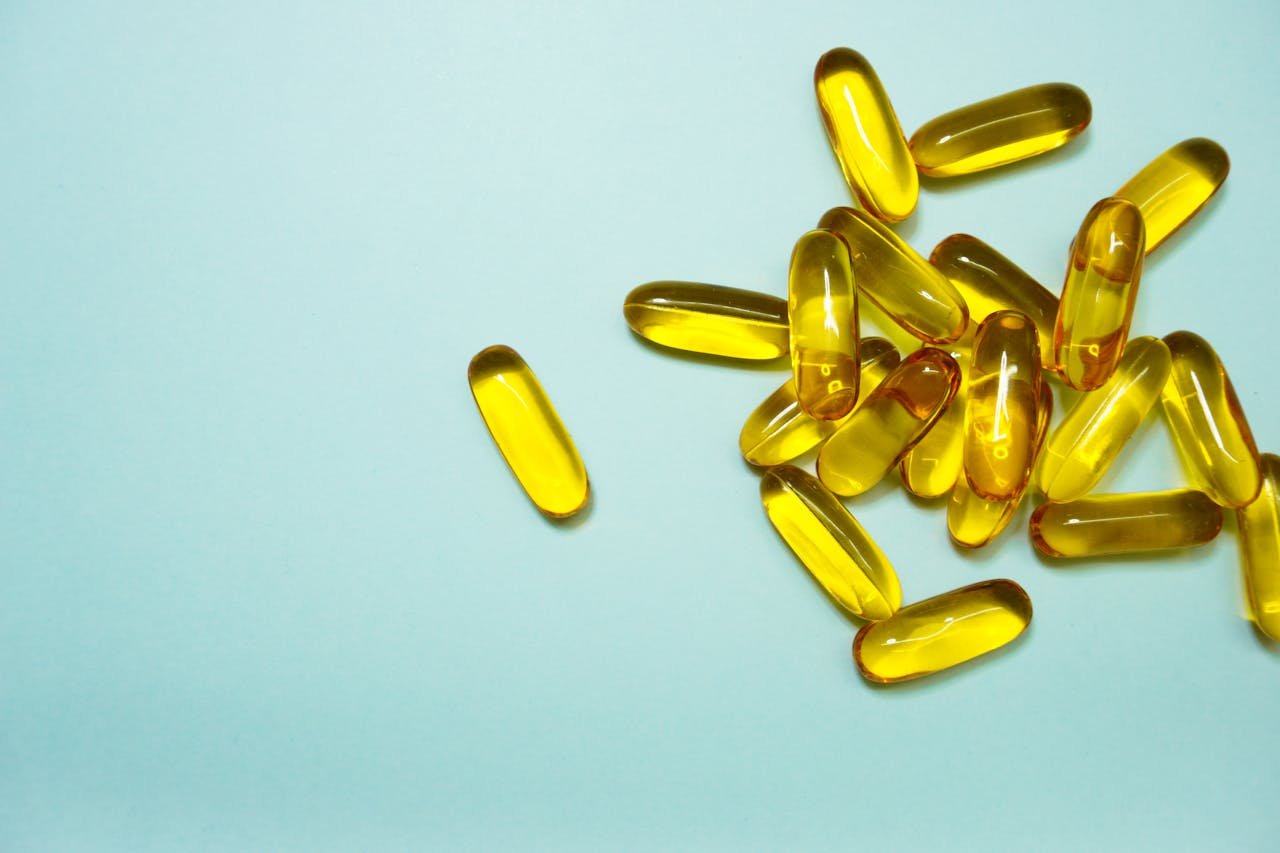
Increasing your intake of omega-3 fatty acids can help reduce inflammation and pain associated with menstrual cramps. A randomised clinical trial published in the International Journal of Gynecology & Obstetrics found that omega-3 fatty acids were more effective than ibuprofen in reducing the intensity of menstrual cramps.
How it works: Omega-3s have anti-inflammatory properties that can help reduce prostaglandins, hormone-like substances responsible for uterine contractions and pain.
Food sources: Fatty fish (such as salmon and mackerel), chia seeds, flaxseeds, and walnuts are excellent sources of omega-3s. Consider taking a fish oil supplement if you don’t consume these foods regularly.
Ginger
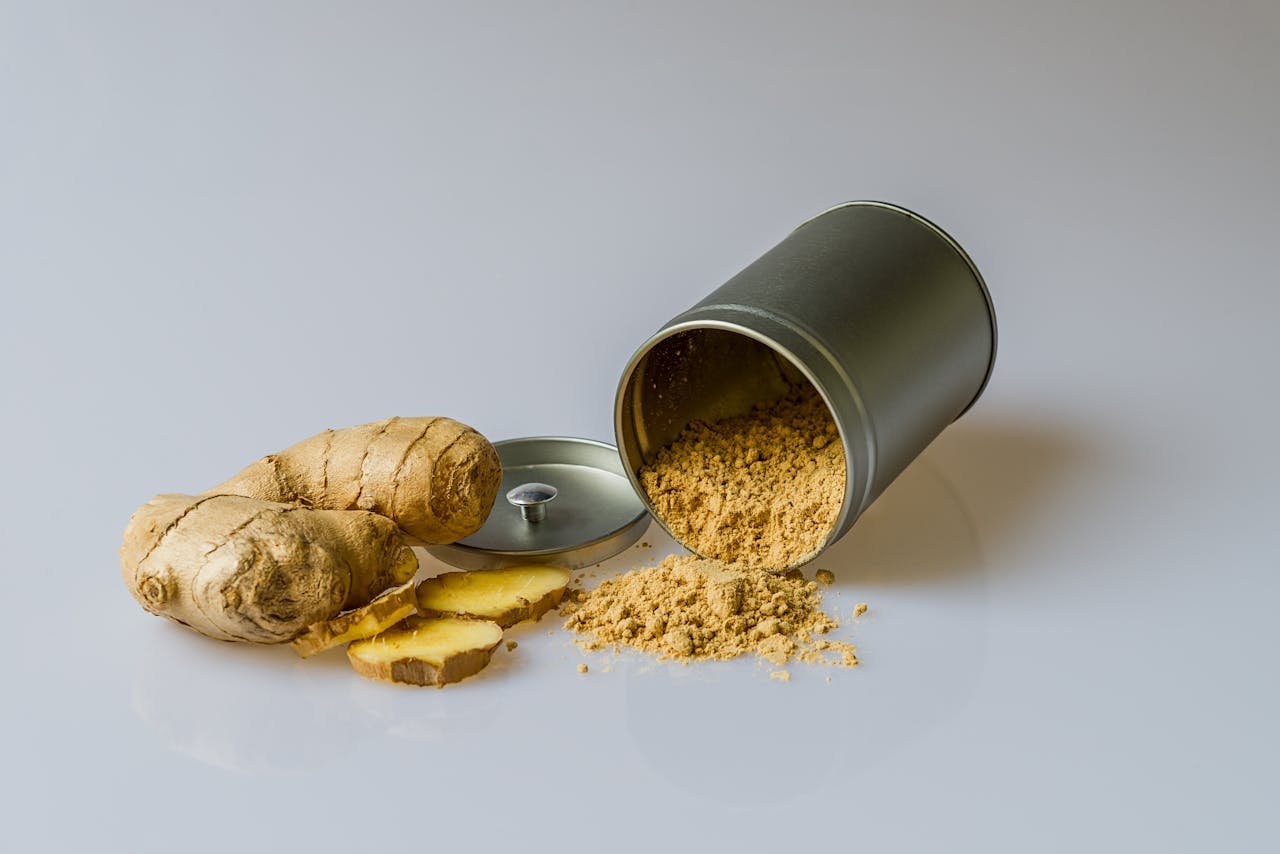
Ginger has been used for centuries to treat various ailments, including menstrual pain. A systematic review and meta-analysis published in Pain Medicine in 2020 found that ginger effectively reduced menstrual pain intensity.
How it works: Ginger contains compounds that may inhibit the production of prostaglandins and reduce inflammation.
How to use it: Try drinking ginger tea, adding fresh ginger to your meals, or taking ginger supplements. Aim for about 750-2000 mg of ginger powder daily during your menstrual period.
Magnesium
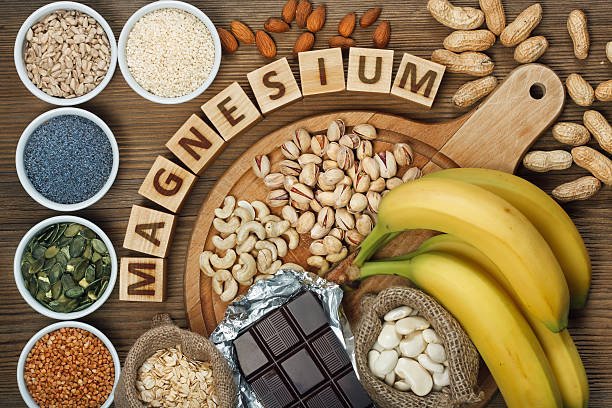
Magnesium is a mineral that plays a crucial role in muscle and nerve function. Research published in the Journal of Women’s Health found that magnesium supplementation significantly reduced menstrual pain and associated symptoms.
How it works: Magnesium helps relax muscles, potentially reducing uterine contractions. It may also decrease prostaglandin levels.
Food sources and supplementation: Include magnesium-rich foods in your diet, such as dark leafy greens, nuts, seeds, and whole grains. A supplement of 300-360 mg daily may be beneficial, but consult with your healthcare provider before starting any new supplement regimen.
Acupressure
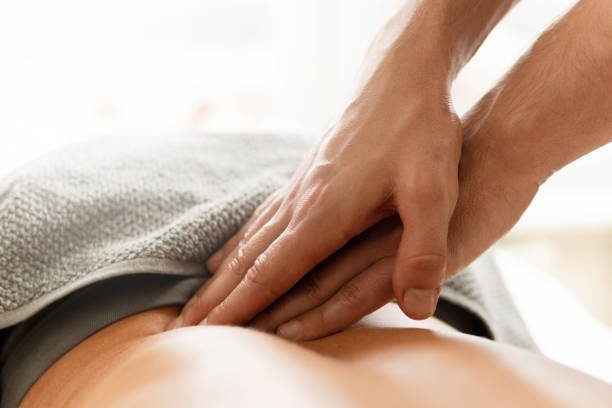
Acupressure, a traditional Chinese therapy, involves applying pressure to specific points on the body. A systematic review published in the journal Complementary Therapies in Medicine found that acupressure effectively reduced menstrual pain.
How it works: Acupressure may help by releasing endorphins and improving blood flow to the uterus.
Key points: The SP6 (Sanyinjiao) point, located about four finger widths above the inner ankle, is commonly used for menstrual pain. Apply firm pressure to this point for about 1 minute on each leg.
Herbal Teas
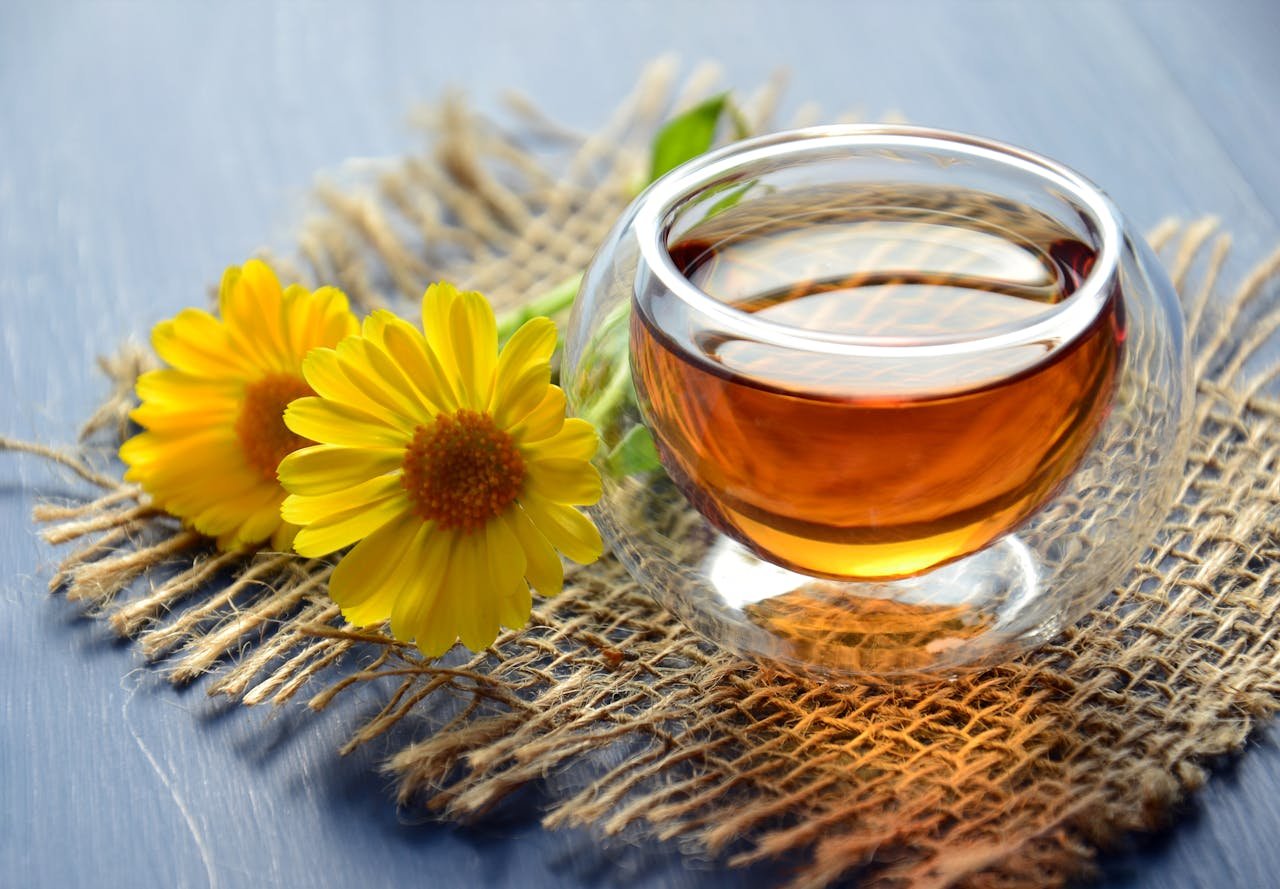
Certain herbal teas have shown promise in reducing menstrual cramps. A study published in the Journal of Midwifery & Women’s Health found that chamomile tea significantly reduced the severity of menstrual cramps.
How it works: Many herbs have anti-inflammatory and antispasmodic properties that can help relax the uterus and reduce pain.
Recommended teas: Chamomile, peppermint, and fennel teas are popular choices. Drink 2-3 cups daily during your menstrual period.
Conclusion

While these natural remedies can be effective for many women, it’s important to remember that everyone’s body is different. What works for one person may not work for another. If you experience severe menstrual pain that interferes with your daily life, it’s crucial to consult with a healthcare provider to rule out underlying conditions such as endometriosis or uterine fibroids.
Additionally, these natural remedies can be used in combination with each other or alongside conventional treatments under the guidance of a healthcare professional. By incorporating these science-backed solutions into your routine, you may find significant relief from menstrual cramps and improve your overall quality of life during your menstrual cycle.
Remember, self-care and listening to your body are key. Don’t hesitate to rest when needed and prioritise your comfort and well-being during this time of the month.

FAQs
What is the most accessible natural remedy for menstrual cramps?
Heat therapy, such as using a heating pad or taking a warm bath.
How can exercise help with menstrual pain?
Exercise releases endorphins (natural pain relievers) and improves blood circulation, which can reduce cramp severity.
Which nutrient found in fish can help reduce menstrual cramps?
Omega-3 fatty acids, which have anti-inflammatory properties.
What common kitchen spice has been shown to effectively reduce menstrual pain intensity?
Ginger, which can be consumed as tea, in food, or as a supplement.
Which mineral supplementation has been found to significantly reduce menstrual pain?
Magnesium, which helps relax muscles and may decrease prostaglandin levels.



